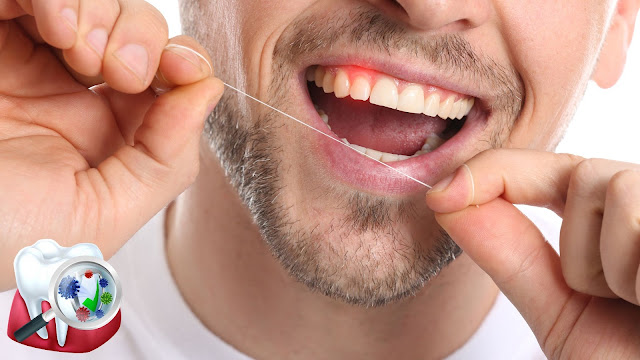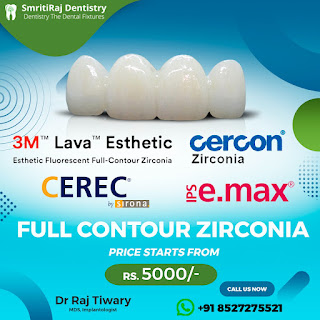How can gum disease affect how you brush your teeth?
Gum disease can have a significant impact on how you should brush your teeth. Gum disease, also known as periodontal disease, is a condition that affects the tissues supporting your teeth, including your gums and the bones in your jaw. There are two main stages of gum disease: gingivitis and periodontitis. Here's how gum disease can affect your brushing routine:
1. Increased Sensitivity and Discomfort: In the early stage of gum disease, known as gingivitis, your gums may become inflamed, red, and tender. Brushing too vigorously or with a hard-bristle toothbrush can cause discomfort and bleeding. As a result, you may be tempted to brush less often or avoid areas that are sensitive. However, this can exacerbate the problem.
2. Gum Recession: As gum disease progresses to periodontitis, the gum tissue can start to recede, pulling away from the teeth. This can expose the sensitive tooth roots and increase the risk of tooth decay in those areas. Brushing too hard or using a harsh brushing technique can further accelerate gum recession.
3. Tooth Mobility: In severe cases of gum disease, the supporting bone structure around your teeth can weaken, leading to tooth mobility. When your teeth are loose, it's essential to be gentle when brushing to prevent further damage or tooth loss.
To address these concerns and maintain good oral hygiene while dealing with gum disease, here are some tips on how to adjust your brushing routine:
1. Choose the Right Tools:
- Opt for a soft-bristle toothbrush to minimize irritation to your gums.
- Consider using an electric toothbrush, which can provide a gentle yet effective cleaning.
2. Brush Gently:
- Use gentle, circular motions rather than aggressive scrubbing.
- Angle the bristles towards the gumline at a 45-degree angle to clean the area where the gums meet the teeth.
3. Be Thorough:
- Spend at least two minutes brushing your teeth.
- Pay special attention to the gumline and the spaces between your teeth.
4. Use an Antiseptic Mouthwash:- An antiseptic mouthwash can help reduce the bacteria that contribute to gum disease.
5. Floss Regularly:- Flossing is crucial for removing food particles and plaque from between your teeth and along the gumline.
6. Visit Your Dentist:- Regular dental check-ups are essential for monitoring your gum health and receiving professional cleanings.
7. Follow Your Dentist's Advice:- Best Dentist near you may recommend specific treatments or oral hygiene products tailored to your gum disease severity.
In summary, gum disease can impact how you brush your teeth by making your gums more sensitive and requiring a gentler brushing technique. Adapting your oral hygiene routine and seeking professional dental care are crucial steps in managing and, in some cases, reversing the effects of gum disease. Remember that early detection and treatment are key to preventing the progression of gum disease and maintaining good oral health.



Comments
Post a Comment